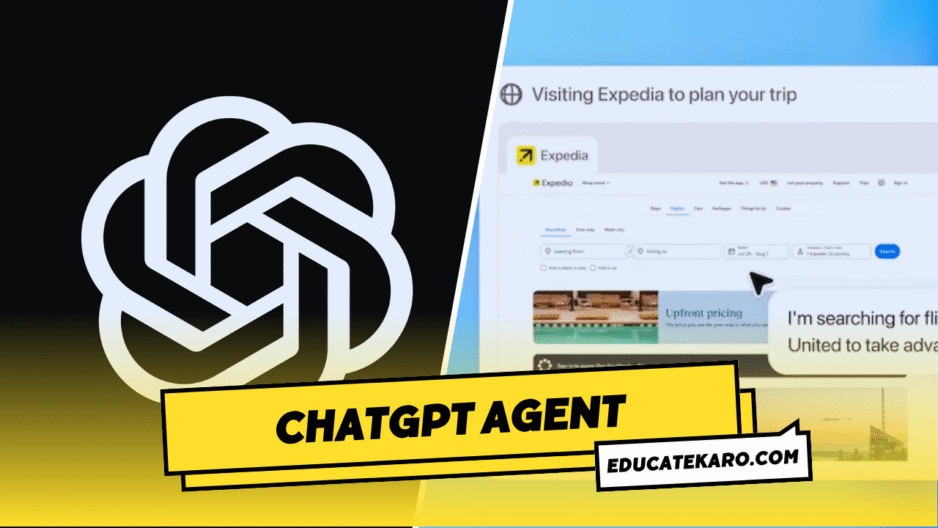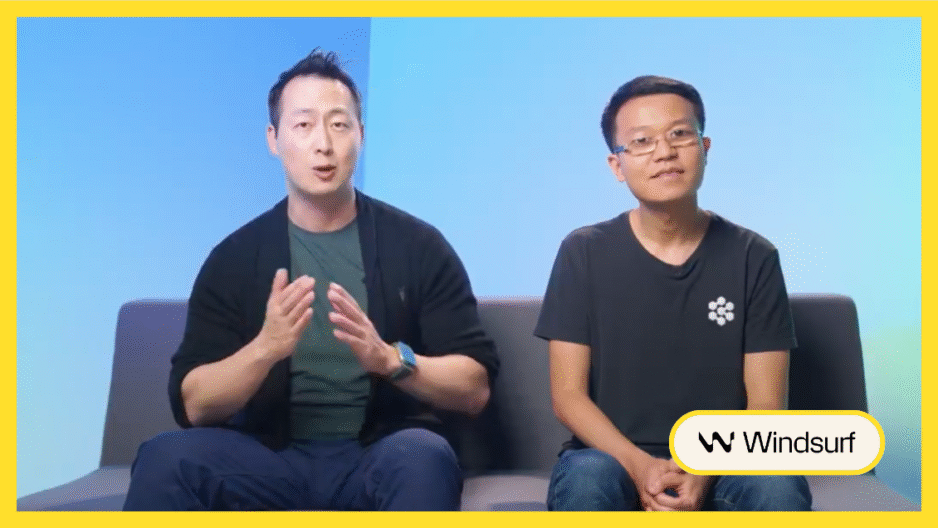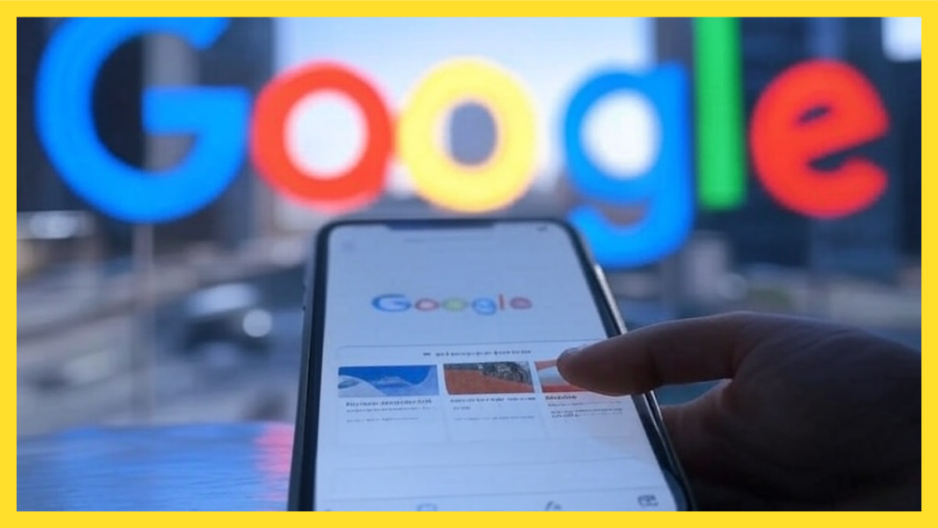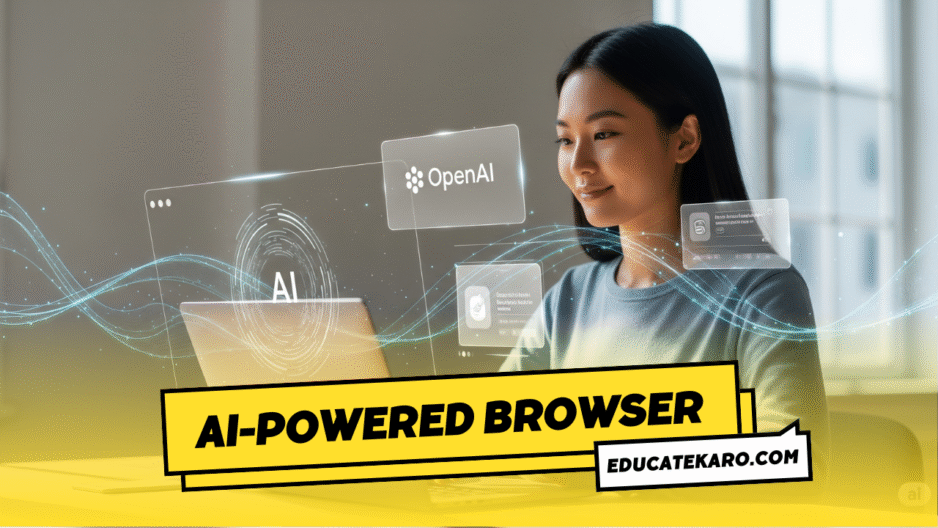OpenAI’s newest update just arrived, and it’s pretty incredible how much it’s shaking things up. With the new ChatGPT Agent, the chatbot doesn’t just respond to your queries — it actually gets things done for you. I’ve been testing it, and honestly, this feels like the closest we’ve come to a real digital assistant.
Beyond Chatting: The AI That Acts
ChatGPT Agent basically gives the AI its own virtual computer so it can browse websites, click buttons, analyze data, run code, and even build slideshows or spreadsheets. It’s not just smarter — it’s hands-on. I found myself leaning on it for stuff I normally avoid, like digging through emails or comparing products across websites. This is a huge leap from simply generating text; it’s about AI automation in action.

Just Tell It What You Need
Now, here’s where it gets interesting. Instead of switching between five tools and three tabs, you just describe your task in plain language. Something like “find three good Japanese breakfast recipes and buy the ingredients” or “analyze these competitors and create a slide deck” actually works. I’ve tried a few personal tasks and was low-key surprised at how fast it pulled everything together. This direct approach to task automation is a game-changer for anyone looking to streamline their digital workflow.
A Smart Toolkit at Your Fingertips
What I like most is how smoothly it brings all the tools together. It has access to a visual browser, text-based browser, a terminal, and even APIs. It can log into apps like Gmail or GitHub (with your permission), read your calendar, or summarize your inbox. It’s like having an intern who already knows your routine. I didn’t expect that level of customization, making it a true intelligent agent.
Control Remains in Your Hands
You stay in charge, no matter how much the assistant can do. ChatGPT always asks before taking serious actions like making purchases or sending emails. You can pause it, stop it, or even take over the browser if something feels off. This is a big deal for people like me who want automation without losing visibility, ensuring user control is paramount.
There’s also a built-in “watch mode” for sensitive stuff and a privacy-first design. That means even during browser takeover, your inputs like passwords are kept private. I really liked that I could log in manually and then let the AI do the rest without ever exposing my details. This focus on AI privacy is a huge win.
Performance That Impresses
Performance-wise, it’s not just hype. In real-world benchmarks like DSBench and WebArena, ChatGPT Agent outperformed both older models and human testers in tasks like spreadsheet editing, data analysis, and research. On something called “Humanity’s Last Exam” — a test filled with expert-level questions — it scored a top-notch 41.6 percent. That’s not just cool stats, it’s proof that this isn’t some toy update; it’s a significant advancement in AI capabilities.
Early Days, High Hopes
To be fair, it’s not perfect. The slideshow generation feature still feels a little clunky, and sometimes the exported PowerPoint isn’t as neat as it looks inside the editor. But considering this is just the beginning, I’m hopeful. The spreadsheet editing, on the other hand, is already miles ahead of anything I’ve seen from AI so far. You can tell they’ve built it with future upgrades in mind.
OpenAI has also put serious work into safety. The model actively resists bad prompts (a.k.a. prompt injections), refuses risky tasks like bank transfers, and asks for permission before any real-world action. You can also delete all Browse data with a single click. That level of control made me a lot more comfortable handing over tasks, showcasing robust AI safety measures.
The Dawn of Active AI
To sum it up, ChatGPT Agent feels like a turning point. It’s not just about chatting anymore. We’re now entering the era of active AI — where you describe the outcome, and the model figures out the process. Whether you’re a founder trying to prepare a report or just someone trying to plan your week, this is going to save serious time.
If this is what version one looks like, I can’t wait to see what comes next. Have you tried the new ChatGPT Agent? Got any tasks you’d love to offload to ChatGPT? Let me know in the comments below!




